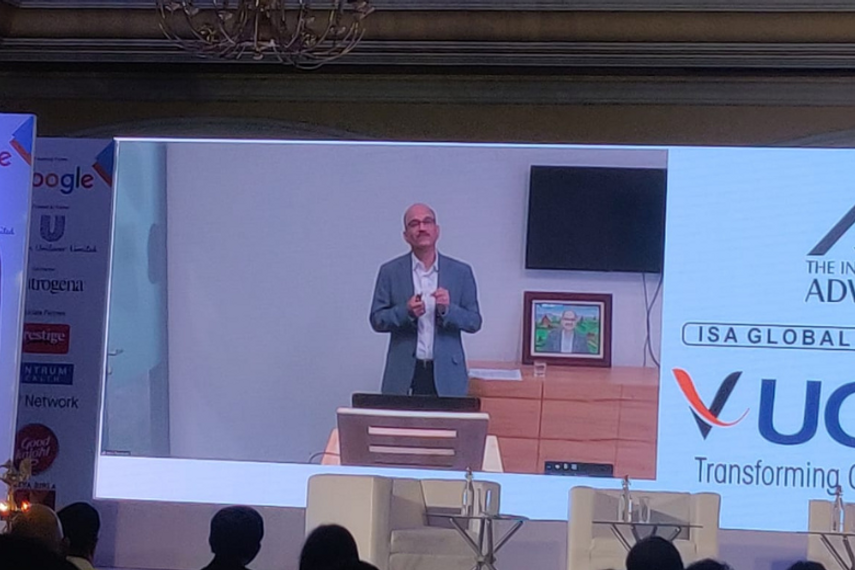
Please sign in or register
Existing users sign in here
Having trouble signing in?
Contact Customer Support at
[email protected]
or call+91 022 69047500
The chief people and transformation officer of Unilever shared insights on transformational change in the digital ecosystem and how businesses need to adapt in a VUCA world at the ISA Global CEO Conference 2022

Contact Customer Support at
[email protected]
or call+91 022 69047500
Top news, insights and analysis every weekday
Sign up for Campaign Bulletins
Besides the US and the UK, all other geographies which includes APAC grew by 43.6%
While new AI-driven tools have made the adoption of ad measurement solutions easier, a new report shows that advertisers still lack a complete view of ROI.
Apollo Hospitals’ Nurses Day film imagines a hospital without nurses, blending emotional triggers with a nod to gender inclusivity—for once.
As digital-first brands prioritise values over visuals, Edelman India’s senior strategist says that the packaging playbook is being rewritten—challenging legacy rules of shelf seduction.